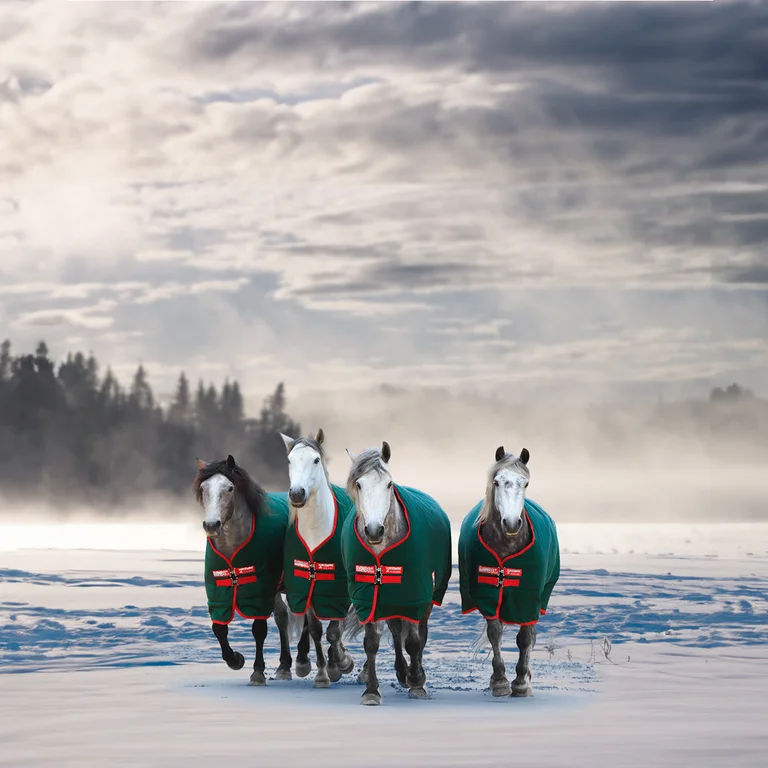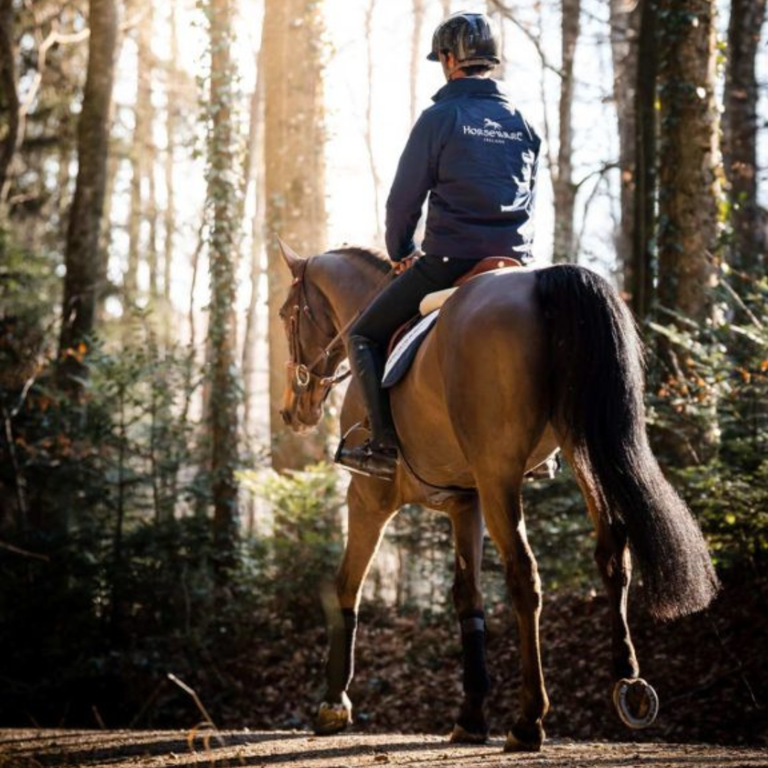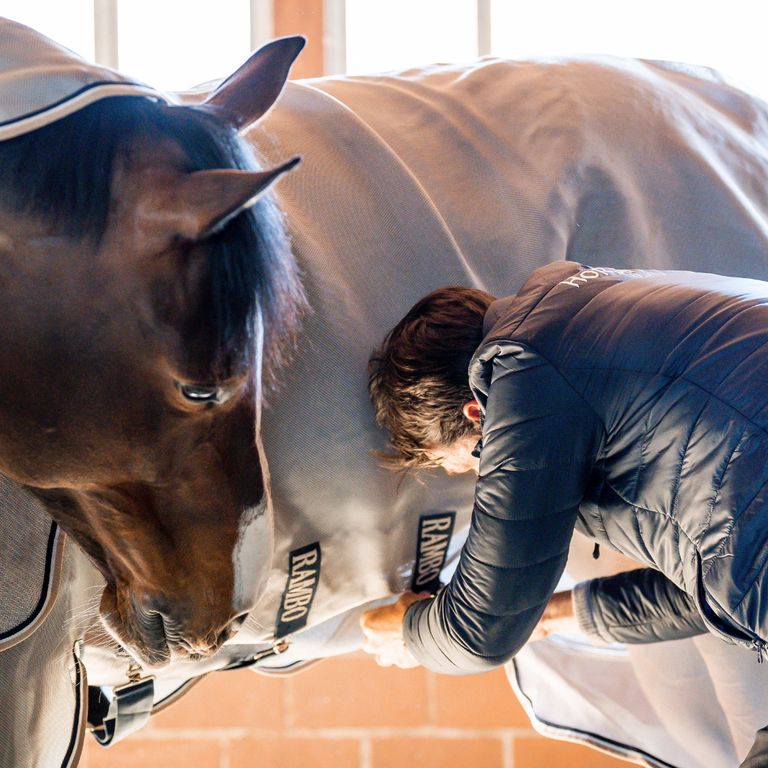Mental Tricks to Help You Conquer Your Fear of Riding
8 minutes read - August 8, 2021
Read Next

Top Holiday Gift Ideas for Horse Lovers
Explore the perfect presents for equestrians in our Christmas Gift Guide Horse Blog. Whether you're shopping for a seasoned rider or a horse lover, our curated list of equine-themed gifts is sure to bring holiday cheer. From cozy stable and turnout essentials to gifts to help you saddle up ahead of the competition season. Giddy up and make this Christmas special for your horse.
November 1, 2023

5 Amazing Horseback Riding Vacations in North America
Are you a riding enthusiast looking for a grand adventure this summer? An experience that includes riding horses in a different location. Are you up for learning new riding skills while partaking in beautiful scenery and terrain?
August 14, 2023

Summer Horseware Capsule Wardrobe
It’s time to pack away the heavy weight blankets and prepare for warmer, sunnier weather. A Summer capsule wardrobe for your horse should provide everything your horse needs this season. With a few versatile pieces, you can cut down on the number of blankets and accessories you need while ensuring your horse stays comfortable.
July 11, 2023